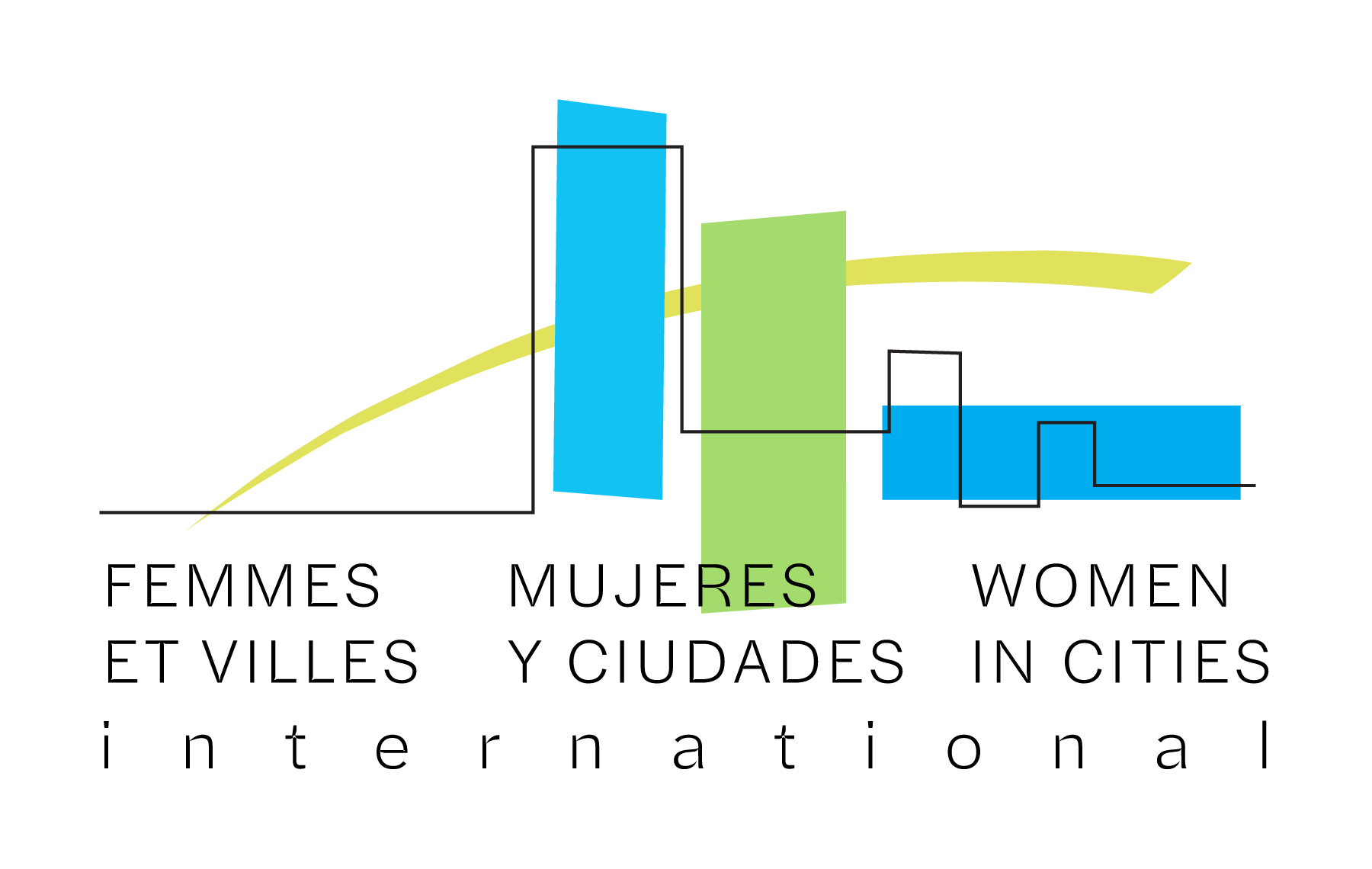Introduction
Women in Cities International (WICI) was founded in 2002 as a not-for-profit network focusing on gender equality and the participation of women in urban development. It was incorporated in June 2003. Based in Montréal, WICI grew out of work undertaken in Canadian cities in the 1990s on women’s safety in urban settings, and the participatory potential of women’s safety audits to empower women and create dialogue and change within city governments. International interest on these topics developed among participants in the Organisation for Economic Co-operation and Development (OECD) and UN-Habitat conferences in Paris and Istanbul in 1994 and 1996, resulting in an informal network linking researchers, activists and practitioners in Canada and around the world. Network members began exchanging knowledge, expertise and experience on women’s safety and empowerment with a wide range of local authorities and institutions, including the International Union of Local Authorities. Members of this network, with the support of the City of Montréal and other funders, collaborated to develop the First International Conference on the Safety of Women in 2002.
Since that time, WICI has grown considerably and expanded its project work internationally. It has also embraced a broader concept of women’s safety beyond safety in public space, extending its focus to work with girls, and on a range of issues including diversity and disability, and women’s access to water and sanitation. WICI always uses participatory approaches to create dialogue and change. It continues to disseminate information on gender equality, the role of women in cities and the application of a gender approach in community and municipal decision-making, and the public policy process. WICI and its network acts as a consultant to local and national governments and international organizations in promoting gendered policies and programmes, furthering the greater participation of women, and increasing the effectiveness of action undertaken by women’s organizations at the community level.
Vision
Women in Cities International’s vision is one where there is a meaningful participation of a full diversity of women and girls in creating inclusive and equitable cities and communities.
Mission Statement
Women in Cities International works to generate and exchange knowledge on women’s and girls’ experiences in urban environments. WICI supports the participation of women, girls and other community actors in all processes of urban development and governance.
The organization uses a range of strategies to achieve its goals:
- Action-research
- Partnership building
- Facilitating peer exchange
- Capacity development
- Technical assistance
- Awareness raising
- Advocacy through action, research and practice
Principles
The work of the organization, in all its activities, is grounded in a set of seven principles:
Equitable Urban Development
We foster and promote the engendering of urban development in its social, economic, cultural and environmental dimensions, sensitive to the full diversity of women and girls. The engendering of urban development will lead to more equitable urban development for all.
Inclusion and Meaningful Participation
We work for social justice through the creation of inclusive cities and communities, based on the meaningful participation of all women and girls in all aspects of the governance of their cities and communities.
Security and Safety for Substantive Citizenship
For women and girls in all their diversity, cities and communities that ensure a robust experience of security and safety create an essential foundation for substantive citizenship. Without this, participation in the life of the city is curtailed and substantive citizenship denied.
Accountability and Integrity
We are accountable for our actions to women and girls in cities across the world who struggle on a daily basis to achieve equitable urban development. Our integrity is fundamental to this accountability.
Reflexivity and Respect
As a learning organization we are committed to reflecting on our actions, learning from our practices and continually evaluating our capacity to achieve our objectives fully in line with our values and principles. An integral part of our reflexivity is to monitor our own practice in treating others with respect.
Sharing Knowledge
We believe in, and practice, the sharing of knowledge, continually striving through innovative ways to ensure that this knowledge is fully accessible to all women and girls and therefore to all.
Sustainability
Our strategies and actions are to create sustainable transformation of the social, economic, cultural and environmental dimensions of equitable urban development, sensitive to the full diversity of women and girls and to help build the capacity of the organizations working towards the goal of equitable urban development.



